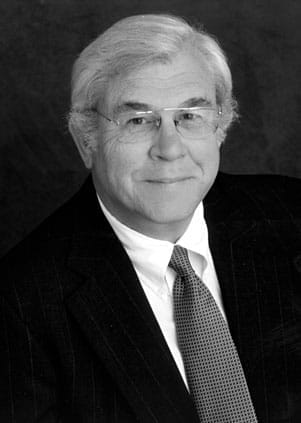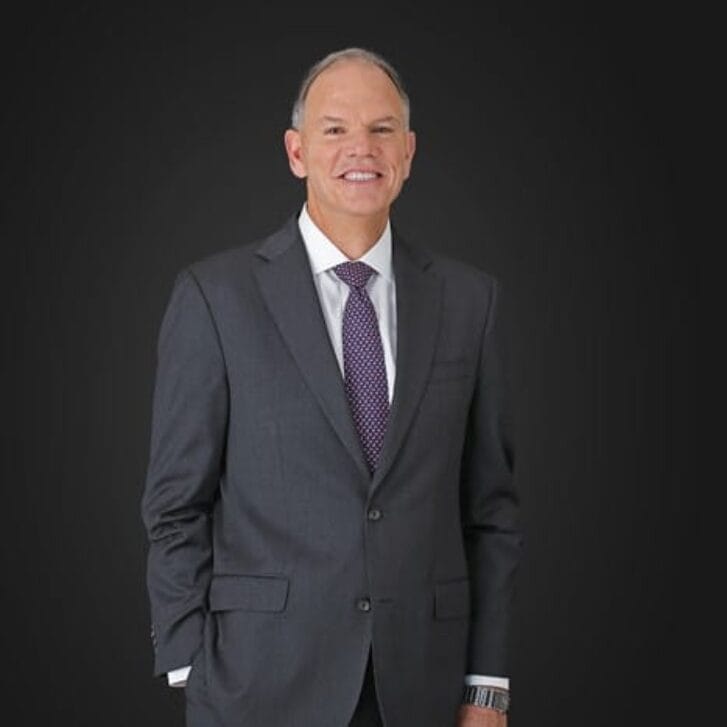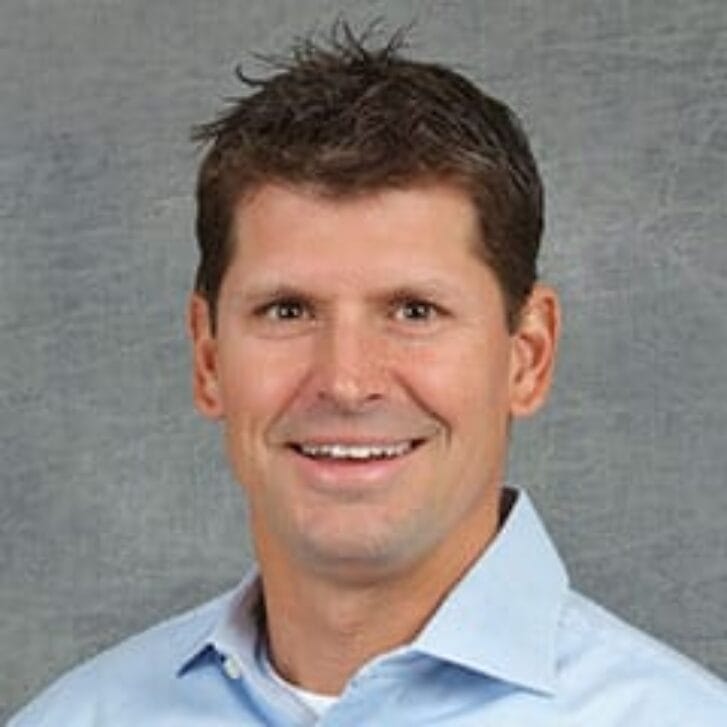When Edward E. Crutchfield started running day-to-day operations at First Union Bank as its chief executive officer in 1984, the organization had $7 billion in assets. That’s not bad for a regional bank in western North Carolina, but it was a mere blip on the national scene. By the time the man the banking world dubbed “Fast Eddie” stepped down because of a bout with cancer in 2000, First Union was a $258 billion bank—the sixth largest in the country. Crutchfield earned his nickname by making more than 100 banking acquisitions during his 16 years at the helm of First Union. In the process, he turned Charlotte into one of the world’s major banking centers.
After earning his MBA at Wharton in 1965, Crutchfield returned to North Carolina to become a banking bond analyst. In 1972 at age 32, he was president at First Union, the youngest at that position at any major bank in the country. He became an early advocate of advancing technology in the consumer banking business and of offering non-traditional financial services to both consumer and business customers. By the time he became chief executive in 1984, interstate banking had become feasible. Crutchfield took full advantage, spreading First Union mostly toward the more lucrative markets in the Northeastern United States. Crutchfield was considered an outsized personality and constantly on the prowl to make a deal.
He was behind the scenes, having just retired as CEO, when First Union made its biggest acquisition, buying its North Carolina neighbor, Wachovia. The deal created the fourth-largest bank in the country under Wachovia’s corporate identity. Crutchfield’s legacy makes him the man who made consolidation the watchword for the early years of interstate banking.

























